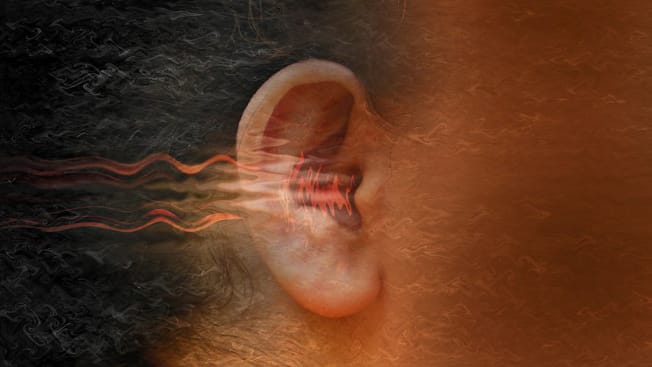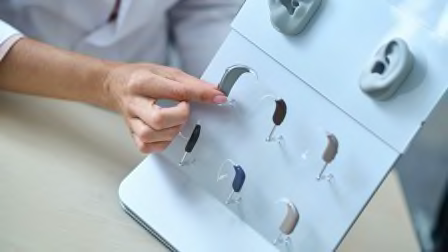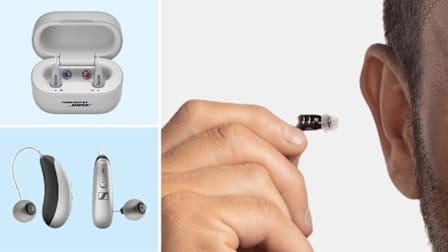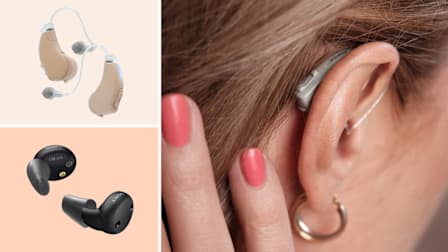How to Handle Ear Pain
Infections? Wax buildup? The causes of and cures for discomfort.

When you think of ear issues, hearing loss is probably the first thing that comes to mind. And while it is indeed common as we age, so are issues that can cause aches and pains—sometimes severe—in and around your ears.
Such pain is often caused by problems in the ear itself (like an infection) but can be "caused by something else and felt in the ear," says David E. Melon, MD, president of Carolina Ear, Nose & Throat—Sinus and Allergy Center in Hickory, N.C.
Left untreated, some conditions that cause ear pain can lead to hearing loss. But effective treatment can usually relieve discomfort and head off additional complications.
Ear Issues
Infection: There are two main types of ear infections: middle ear (often caused by an upper respiratory infection like a cold) and outer ear related to water exposure (also called swimmer’s ear).
Outside-the-Ear Problems
Pain that can be felt inside the ear is sometimes the result of problems originating outside of the ear. Pinpointing the underlying issue is the first step toward effective treatment— and relief from discomfort.
TMJ: Temporomandibular joint disorder, which involves problems with the joint where your lower jaw meets your skull, is one of the most common causes of referred ear pain—especially in older adults. If you have chronic ear pain along with an achy jaw, have your dentist evaluate you for TMJ, which is treatable.
Dental problems: Untreated cavities or an infection in your gums can cause pain to radiate from your mouth to your ears.
Arthritis: Stiffness and pain in your neck or jaw from arthritis is sometimes experienced as pain up into your ears.
Cancer: In rare cases, referred ear pain can be a sign of cancer in the throat, tongue, or tonsils. "If you have ear pain, especially when swallowing or yawning, that isn’t related to an infection or TMJ, your doctor needs to rule out more concerning things," says Melon.
3 Ways to Keep Your Ears Healthy
Lose the cotton swabs. "Using a Q-tip to clean inside the ear can damage the ear canal and can push wax deeper into the ear," says Joshua Zeiger, MD, otolaryngologist at the Mount Sinai Health System in New York City. You also run the risk of bits of the cotton swab ending up inside the canal.
Leave the insides alone. The ears are designed to be self-cleaning. The most you should ever need to do is wipe the outer ear gently with a washcloth. Sticking a pen, key, or other object in your ear to scratch an itch or dig out wax is never recommended. It can cause serious injury and worsen earwax buildup.
De-grime devices you put in your ears. Earbuds, hearing aids, and earplugs all need to be kept clean. Using them over and over, sharing them with others, and not cleaning them or replacing them regularly can introduce bacteria into the ear canal.
Editor’s Note: This article also appeared in the August 2024 issue of Consumer Reports On Health.




